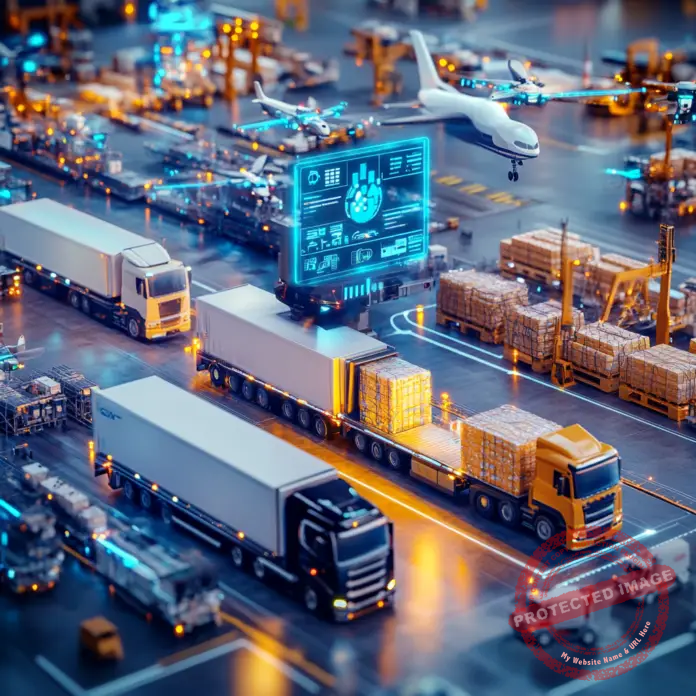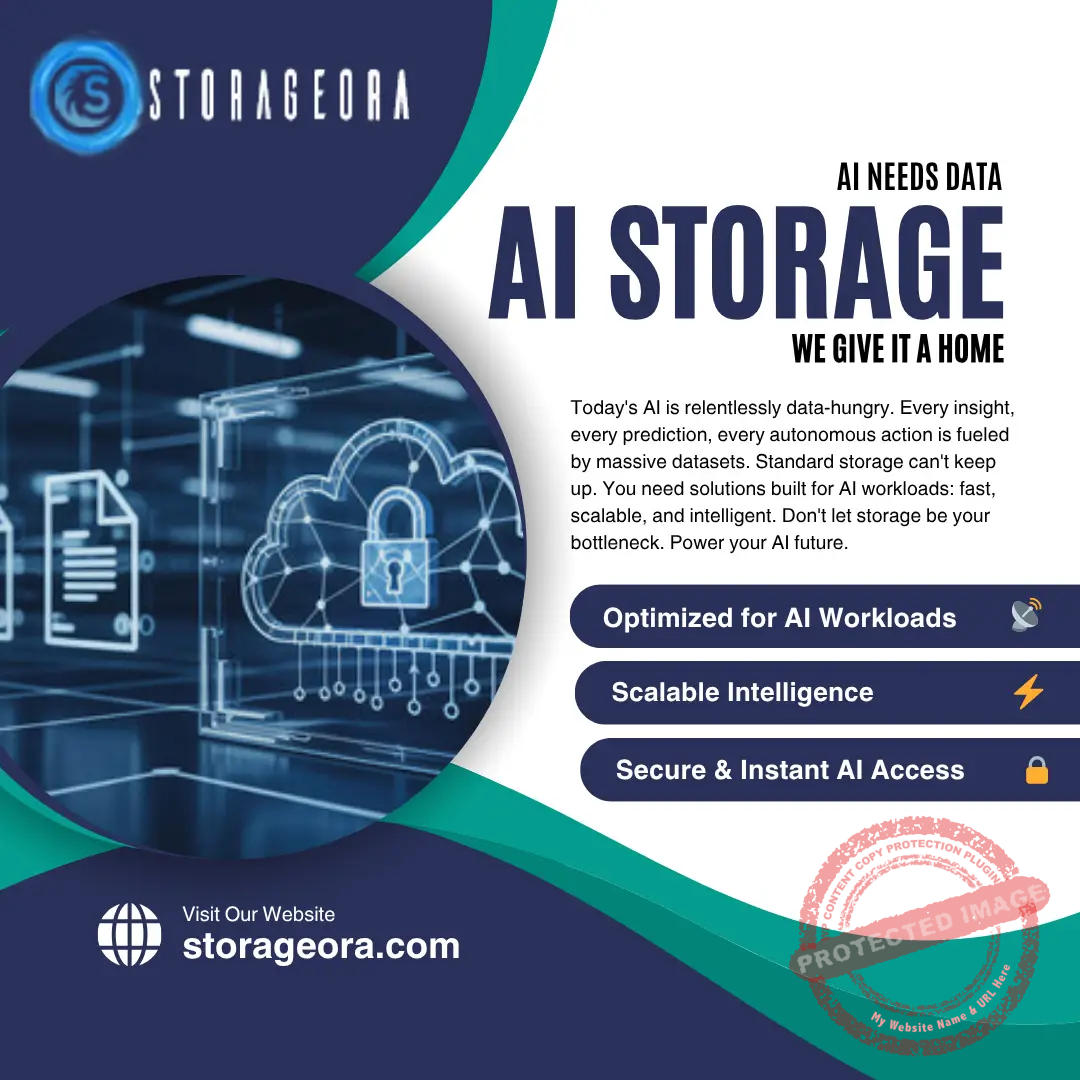Do you remember the days when supply chains were a tangled mess of spreadsheets, phone calls, and gut feelings? Yeah, that’s becoming a distant memory, thanks to the rise of artificial intelligence (AI). No, AI isn’t replacing every worker with a robot (though those automated warehouses are pretty cool). Instead, it’s quietly transforming supply chains into finely tuned machines, making them faster, more efficient, and surprisingly adaptable.
Think of AI as a conductor leading an orchestra. Each instrument (supplier, manufacturer, distributor) needs to be in the right place at the right time, playing the right tune. AI provides that guidance, ensuring everything works in harmony.
Here’s how AI is optimizing supply chains:
1. Predicting the Future (Sort of)
One of AI’s superpowers is its ability to analyze mountains of data and spot patterns we humans might miss. This is a game-changer for demand forecasting. Instead of relying on hunches, AI can predict what customers will want and when, allowing companies to adjust inventory levels accordingly. No more stockouts or warehouses overflowing with unwanted goods!
2. The “Waze” of Supply Chains
Remember when GPS navigation revolutionized travel? AI is doing the same for logistics. By analyzing real-time traffic, weather, and even social media trends, AI can optimize delivery routes on the fly. This means faster deliveries, lower fuel costs, and happier customers.
3. Putting the “Chain” in Supply Chain
Supply chains involve a complex network of suppliers, manufacturers, and distributors. AI helps streamline communication and collaboration between these different players. Imagine AI instantly alerting a manufacturer when a supplier’s shipment is delayed, allowing them to adjust production schedules and avoid costly downtime.
4. The Self-Driving Warehouse
Okay, maybe robots are taking over some jobs, but for good reason! AI-powered robots are increasingly handling tasks like picking, packing, and sorting in warehouses. This not only speeds up operations but also improves safety by reducing human error.
5. Sustainability is in the Algorithm
AI isn’t just about efficiency; it’s also helping make supply chains more sustainable. By optimizing routes and reducing waste, AI can minimize the environmental impact of logistics. Some AI systems can even help companies choose eco-friendly suppliers and materials.
The Future of Supply Chains is Intelligent
AI is no longer a futuristic fantasy; it’s a reality that’s transforming supply chains worldwide. By embracing AI, companies can optimize their operations, reduce costs, improve customer satisfaction, and even contribute to a more sustainable future. So, buckle up and get ready for the ride, because the future of supply chains is intelligent, efficient, and surprisingly human-centric.
Peter Jonathan Wilcheck MBA
Co-Editor – Tech Online News
Serge Archambault
Co-Editor – Tech Online News
Post Disclaimer
The information provided in our posts or blogs are for educational and informative purposes only. We do not guarantee the accuracy, completeness or suitability of the information. We do not provide financial or investment advice. Readers should always seek professional advice before making any financial or investment decisions based on the information provided in our content. We will not be held responsible for any losses, damages or consequences that may arise from relying on the information provided in our content.





 AMD
AMD TMC
TMC IE
IE MSI
MSI NOK
NOK DELL
DELL ECDH26.CME
ECDH26.CME